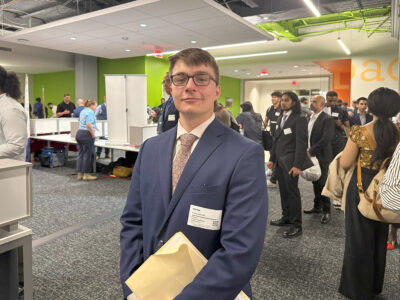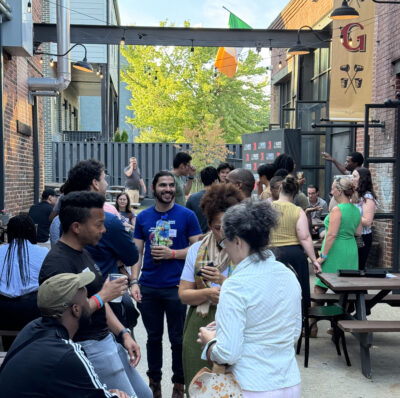A Johns Hopkins startup received a federal grant to enter trials of its treatment for a brain disease that often precedes Alzheimer’s disease.
AgeneBio and Johns Hopkins received a five-year grant from the National Institutes of Health that is projected to total $7.2 million for Phase 3 trials of the therapeutic, called AGB101. If successful, the drug could be the first therapeutic to prevent or delay Alzheimer’s by curing a brain condition that is typically a precursor to the debilitating elderly disorder.
The treatment focuses on a disease known as aMCI. It’s been identified as the earliest point to diagnose a pre-dementia state, and often develops into full-blown Alzheimer’s within a few years. About 5.2 million Americans suffer from the disease.
.@agenebio CEO Jerry McLaughlin discusses the promise of a different approach to Alzheimer's on The Bio Report http://t.co/BH44tGOClY
— Daniel S. Levine (@dslevine) April 30, 2015
The therapeutic, which is a low-dose version of a drug used to treat epilepsy, treats overactivity in the hippocampus portion of the brain that is associated with aMCI.
A Phase 2 trial restored brain function and memory in patients. Phase 3 trials, which could last up to two years, are projected to start early next year. That final phase of trials before the company submits to the FDA will involve hundreds of patients.
The treatment grew out of research by Hopkins neuroscientist Michela Gallagher, who founded AgeneBio. The company’s offices are in in Johns Hopkins’ Eastern campus on 33rd Street in Waverly.
Before you go...
Please consider supporting Technical.ly to keep our independent journalism strong. Unlike most business-focused media outlets, we don’t have a paywall. Instead, we count on your personal and organizational support.
Join our growing Slack community
Join 5,000 tech professionals and entrepreneurs in our community Slack today!





